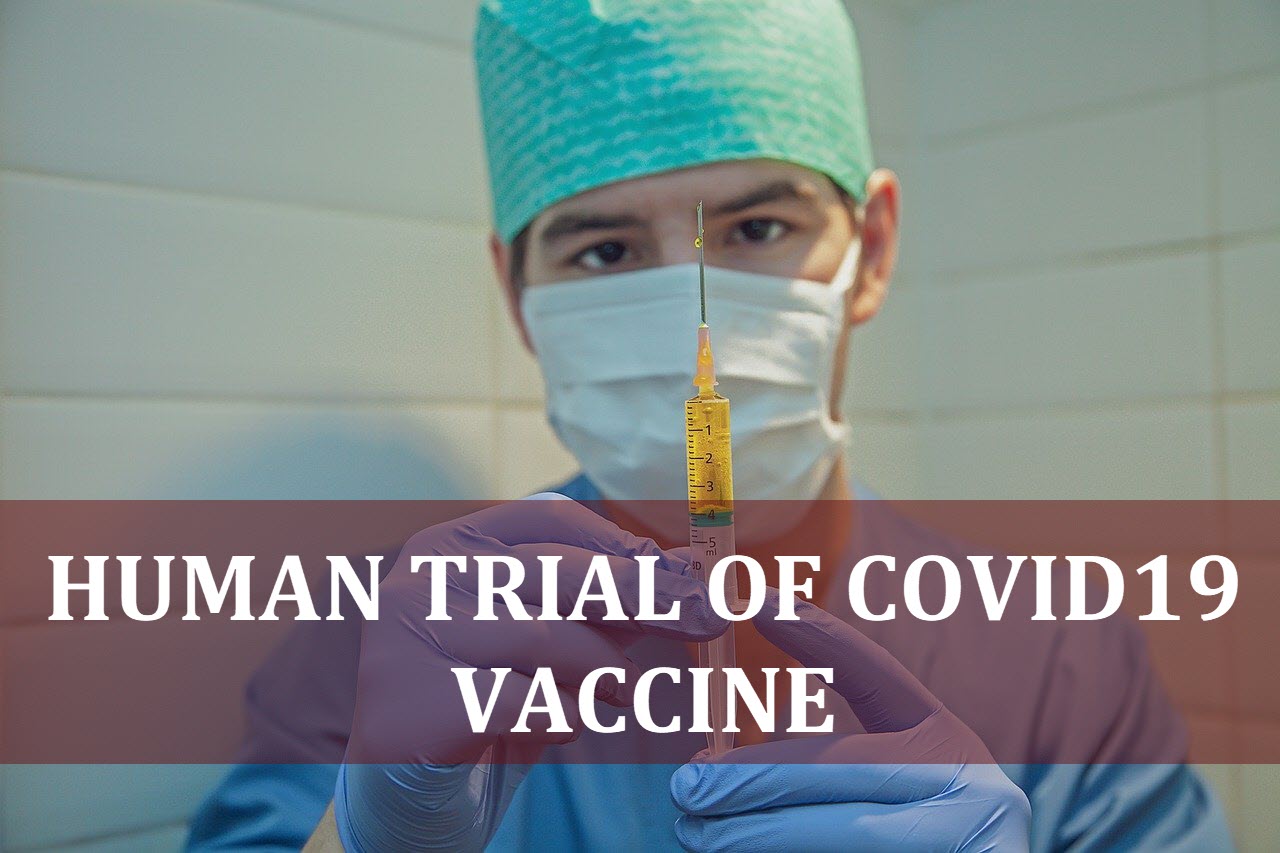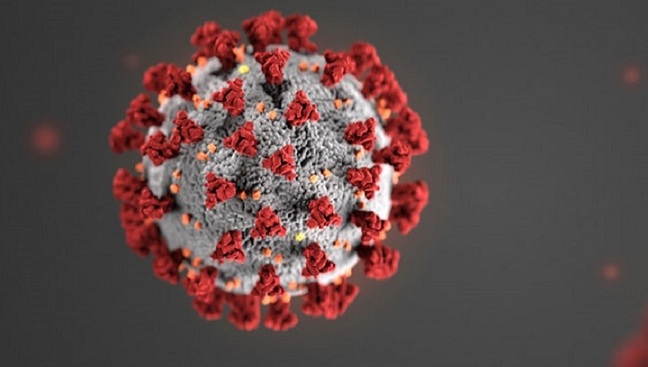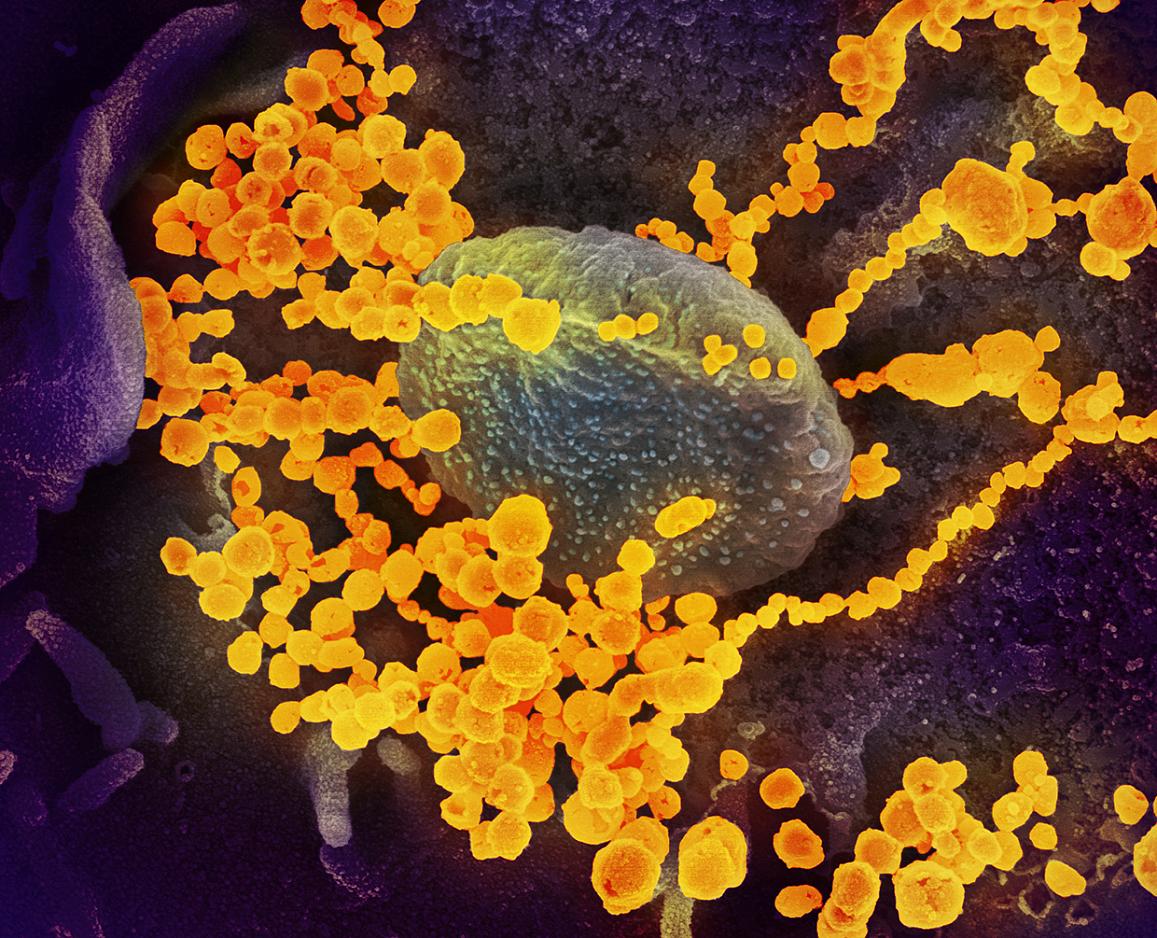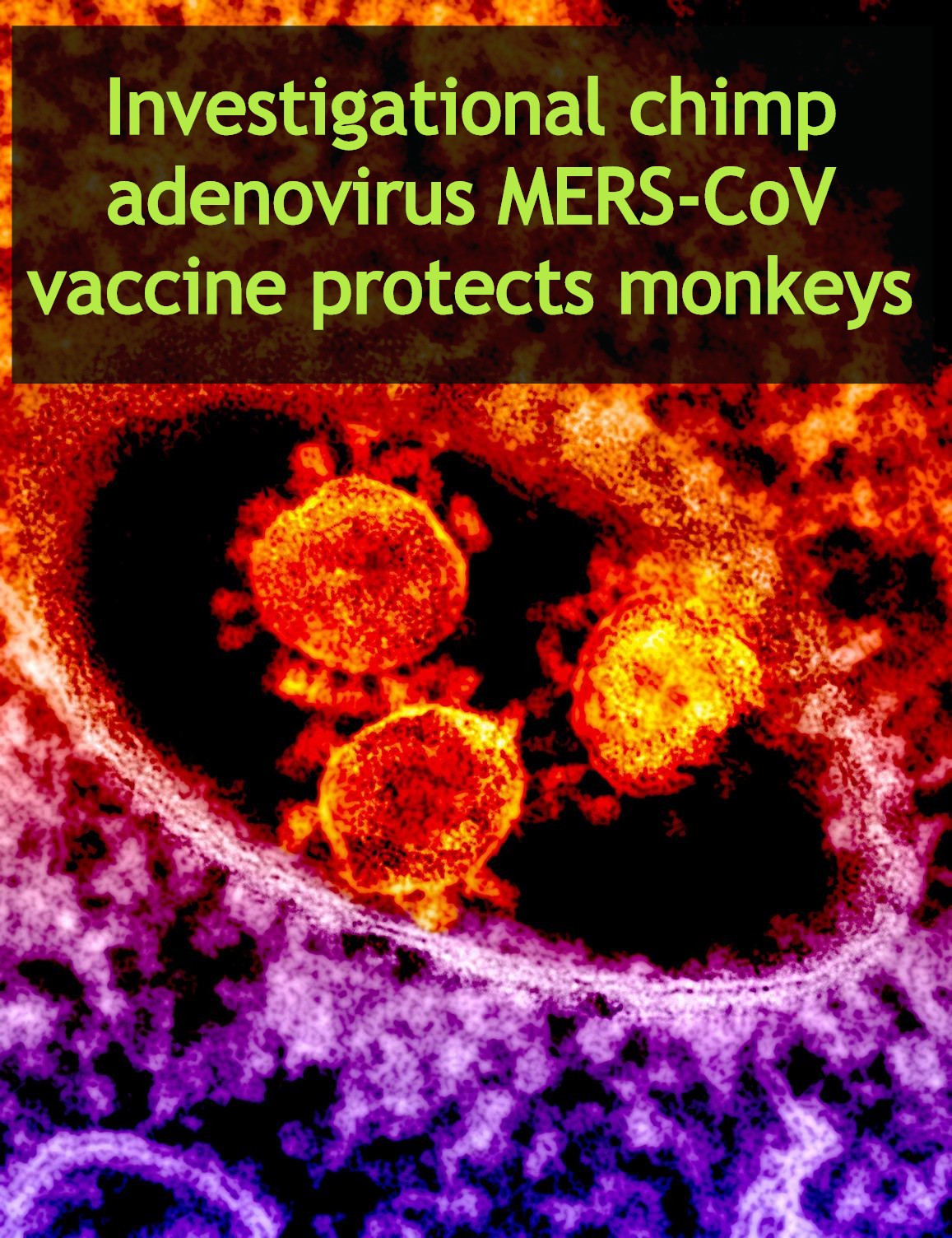
From today itself, human trial of COVID-19 vaccine candidate will begin in the United Kingdom. This vaccine candidates are developed by research team of Oxford University. And they will receive initial funding of 22.2 million pound by UK government.

From today itself, human trial of COVID-19 vaccine candidate will begin in the United Kingdom. This vaccine candidates are developed by research team of Oxford University. And they will receive initial funding of 22.2 million pound by UK government.
As the demand for sanitizers has increased amid coronavirus outbreak, various laboratories have started the production of sanitizers. In one such endeavour, researchers of the National Botanical Research Institute (NBRI) have developed alcohol-based herbal sanitizer. The product is developed under Council of Scientific and Industrial Research (CSIR)-Aroma Mission as per the World Health Organisation (WHO) guidelines.

The Council of Scientific and Industrial Research (CSIR) is leaving no stone unturned in the battle against novel coronavirus. Repurposing of existing drugs is one of the strategies deployed by CSIR. The Council is implementing this strategy by evaluating a an existing drug that is used for treating gram-negative sepsis patients.

This scanning electron microscope image shows SARS-CoV-2 (round gold objects) emerging from the surface of cells cultured in the lab. SARS-CoV-2, also known as 2019-nCoV, is the virus that causes COVID-19. The virus shown was isolated from a patient in the U.S.NIAID-RML
Early treatment with the experimental antiviral drug remdesivir significantly reduced clinical disease and damage to the lungs of rhesus macaques infected with SARS-CoV-2, the coronavirus that causes COVID-19, according to National Institutes of Health scientists.

An investigational vaccine called ChAdOx1 MERS protected two groups of rhesus macaques from disease caused by Middle East respiratory syndrome coronavirus (MERS-CoV). MERS-CoV is a relative of the severe acute respiratory syndrome coronavirus 2 (SARS-CoV-2), which causes coronavirus disease 2019 (COVID-19). National Institutes of Health scientists and colleagues are pursuing similar studies with ChAdOx1 SARS2, a vaccine candidate against SARS-CoV-2. They posted their results(link is external) with ChAdOx1 MERS on a preprint server. The findings are not yet peer-reviewed but are being shared to assist the public health response to COVID-19.

The swell of novel coronavirus appears not abating. In just a few months from the outbreak, it has reached around 210 countries, took lives of more than one lakh people. The numbers are climbing. In an effort to place a hurdle before the runaway train, scientists across the globe are racing to develop a drug that can cure or a vaccine that stop its spread.

Researchers at Rajiv Gandhi Centre for Biotechnology (RGCB), Thiruvananthapuram are in the final stages of developing a kit that promises to help detect SARS CoVID-19 infection as early as four days post-infection of the virus.

Indian scientists are working day and night to find solutions against the threat of Covid-19. Scientists from Central Salt and Marine Chemical Research Institute (CSMCRI), located in Bhavnagar, Gujarat, have developed a unique face-mask, which can destroy the virus.

Loss of smell and taste has been anecdotally linked to COVID-19 infections. In a study published April 12, 2020 in the journal International Forum of Allergy & Rhinology , researchers at UC San Diego Health report the first empirical findings that strongly associate sensory loss with COVID-19, the respiratory disease caused by the novel coronavirus.